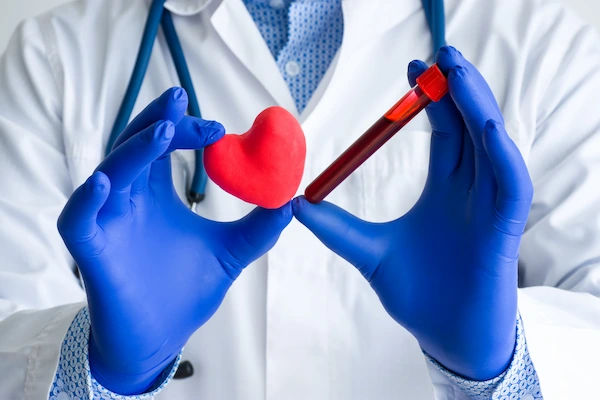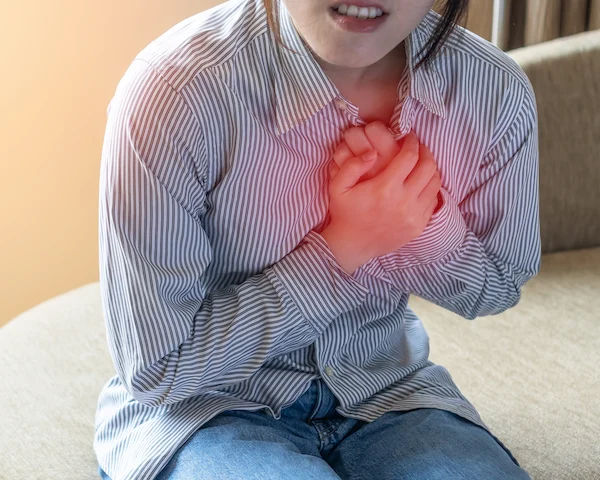- Male
- 21 Years
- 07/02/2025
I'm 32 and weigh 45 kg, and I've been experiencing frequent breathlessness and sometimes chest pain. My doctor recommended some tests like an ECG, an echocardiogram, and a blood test. I'm really worried because I've heard that getting an echocardiogram might not be safe for the heart. I'm scared of going through with it. What should I do?
Answered by 1 Apollo Doctors
Echocardiogram is a safe and commonly used test to assess the structure and function of the heart. It uses sound waves to create a moving picture of the heart, allowing doctors to see how well the heart is pumping blood and detect any abnormalities. It is a valuable tool in diagnosing various heart conditions. In your case, since you are experiencing symptoms like breathlessness and chest pain, it is important to follow your doctor's recommendations for further testing. The information obtained from the echocardiogram, along with the other tests like ECG and blood test, will help your doctor make an accurate diagnosis and determine the appropriate treatment plan for you. There is no need to be afraid of the echocardiogram test as it is a non-invasive procedure and does not involve any radiation exposure. It is important to follow through with the recommended tests to ensure your heart health is properly evaluated.
Dr. Shubham Suggests...
Consult a Cardiologist
Answered 04/07/2025
0
0

More Cardiology Health Queries
View allI'm trying to understand my dad's recent health reports, and I'm a bit worried. He's been dealing with a gastro esophageal ulcer, and he just had an ECO done. The report says he has IAS and IVS intact. Can you explain what this means? I'm really concerned about his condition and would love some clarity on this.
IAS and IVS intact in echo means that those part of the heart are not damaged
Answered by 1 Apollo Doctors
I'm having these weird experiences when I'm about to fall asleep, like when I'm in that transition phase. It's like I feel this single, really strong heartbeat that kind of moves my whole body. Its kind of freaking me out. Ive attached my ECG can you help me figure out whats going on with this?
it could be due to a premature ventricular contraction (PVC). This is when the heart's lower chambers (ventricles) contract earlier than normal, causing an extra, abnormal heartbeat. It may feel like a strong thump in your chest. Based on the ECG you provided, it confirms the presence of PVCs. To manage this condition, you can take a beta-blocker medication such as Metoprolol (25-50mg) to help regulate your heart rhythm and reduce the occurrence of PVCs. It is important to follow up with your healthcare provider for further evaluation and monitoring.
Answered by 1 Apollo Doctors
I'm really worried because my dad's been diagnosed with diabetes and his heart's only working at 25% efficiency. What can we do to help him manage these conditions better? Are there specific treatments or lifestyle changes that might make a difference?
The patient requires angiography ,and a cardiac opinion.
Answered by 1 Apollo Doctors
Disclaimer: Answers on Apollo 247 are not intended to replace your doctor advice. Always seek help of a professional doctor in case of an medical emergency or ailment.




